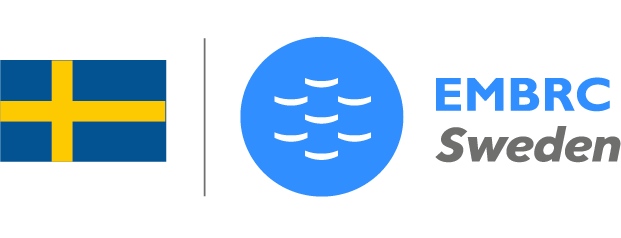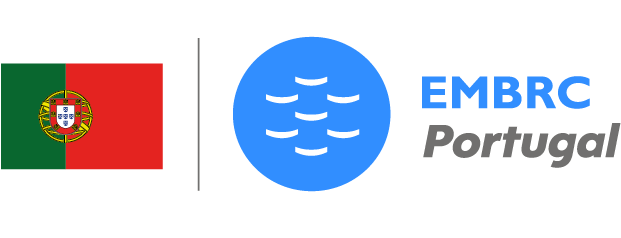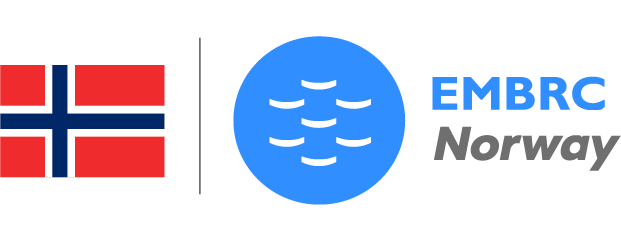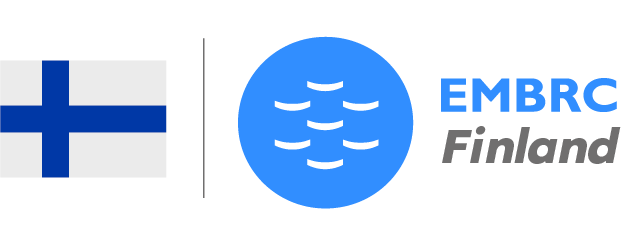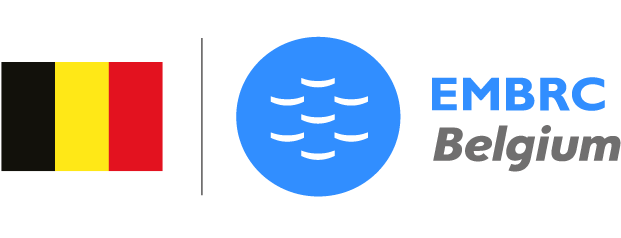
Spain
What is EMBRC Spain ?
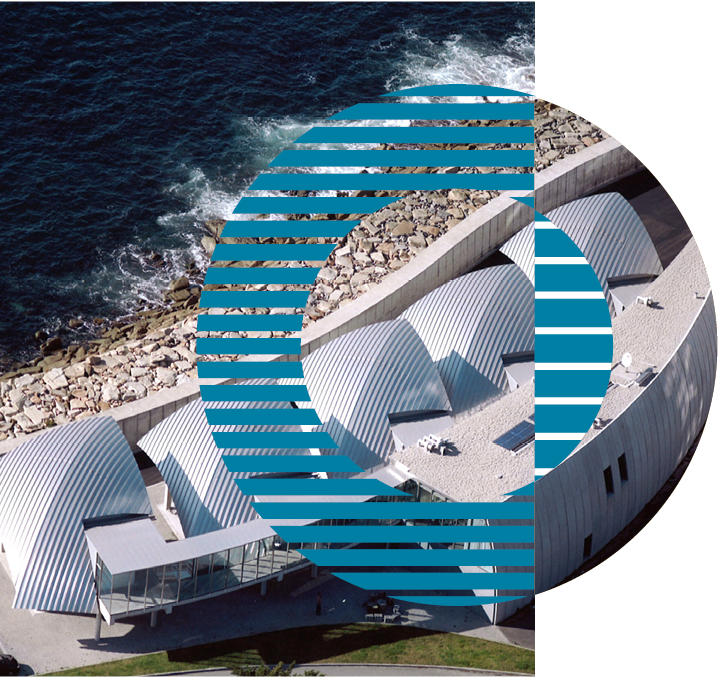
EMBRC Spain is the Spanish node of EMBRC – a pan-European research infrastructure made up of a network of research organisations and marine stations across Europe that accelerates marine biology and ecology research through its knowledge, expertise, and services.
Spain joined EMBRC in 2013 and is a founding member of EMBRC. Through its partners, it can offer researchers access to three marine sites. EMBRC Spain can support researchers through access to estuarine and coastal marine habitats, marine biological resources in collections and biobanks, services for One Health research (taking a multi-disciplinary approach to the health of people and …
EMBRC Spain is the Spanish node of EMBRC – a pan-European research infrastructure made up of a network of research organisations and marine stations across Europe that accelerates marine biology and ecology research through its knowledge, expertise, and services.
Spain joined EMBRC in 2013 and is a founding member of EMBRC. Through its partners, it can offer researchers access to three marine sites. EMBRC Spain can support researchers through access to estuarine and coastal marine habitats, marine biological resources in collections and biobanks, services for One Health research (taking a multi-disciplinary approach to the health of people and the planet), and experimental facilities for ecological and aquaculture research.
EMBRC’s Spanish partners are:
- Estación de Ciencias Mariñas de Toralla – Centre of Marine Research, University of Vigo (ECIMAT-UVIGO)
- Research Centre for Experimental Marine Biology and Biotechnology ‘Plentziako Itsas Estazioa’ (Plentzia Marine Station, PiE-UPV/EHU)
- Spanish Bank of Algae, University of Las Palmas de Gran Canaria (BEA-ULPGC)
Funding for participation of Spain in EMBRC comes mainly from the University of Vigo (ECIMAT), the Basque Government through the Hazi Foundation (PiE-UPV/EHU) and the Canarian Scientific Park Foundation of the University of Las Palmas de Gran Canaria (BEA-ULPGC).
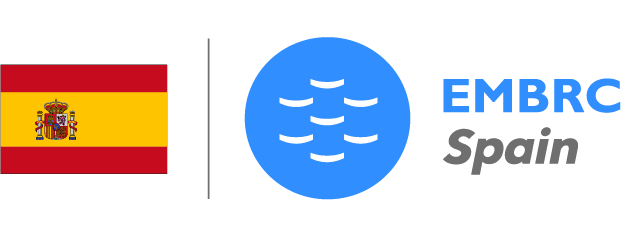
Liaison Officer
-
Xabier Lecube
-
xabier.lecube@ehu.eus
-
Plentzia Marine Station
-
Plentzia
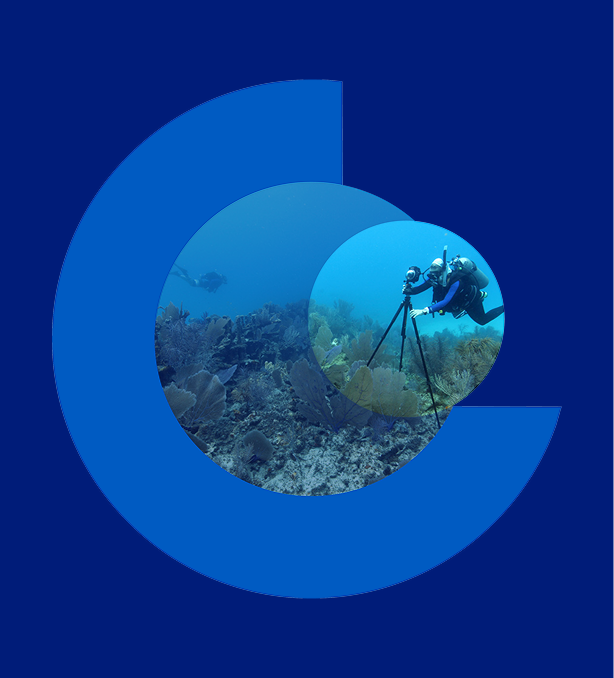
EMBRC Spain’s Marine Sites
How EMBRC Spain supports researchers
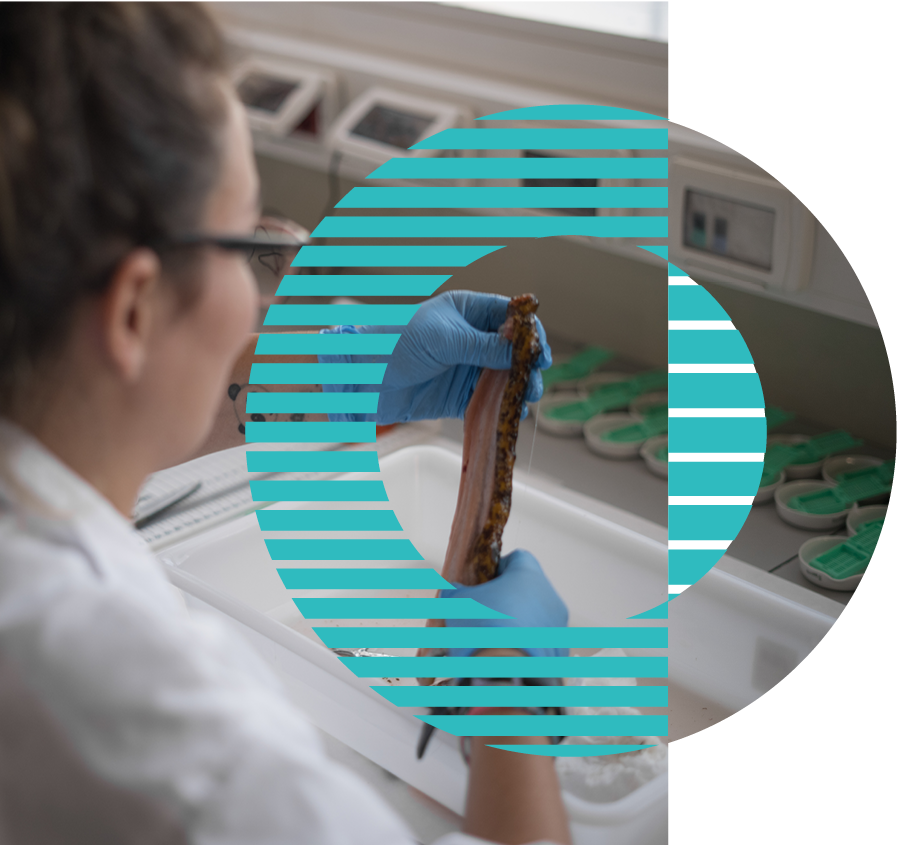
EMBRC Spain provides access to estuarine and coastal marine habitats (water column, soft sediment, rocky shores and artificial hard substrates) from the Southern Bay of Biscay, the Northwestern Iberian peninsula upwelling system and the subtropical areas in the southernmost point of Europe in the Canary Islands. It also facilitates access to marine biological resources and environmental specimen biobanks and culture collections in its operator stations.
For researchers exploring the effects of chemical discharges into the environment, the Plentzia Marine Station of the University of the Basque Country (PiE-UPV/EHU) offers three interconnected services for One Health research: an environmental …
EMBRC Spain provides access to estuarine and coastal marine habitats (water column, soft sediment, rocky shores and artificial hard substrates) from the Southern Bay of Biscay, the Northwestern Iberian peninsula upwelling system and the subtropical areas in the southernmost point of Europe in the Canary Islands. It also facilitates access to marine biological resources and environmental specimen biobanks and culture collections in its operator stations.
For researchers exploring the effects of chemical discharges into the environment, the Plentzia Marine Station of the University of the Basque Country (PiE-UPV/EHU) offers three interconnected services for One Health research: an environmental monitoring network, an environmental specimen bank for retrospective (eco)toxicological studies, and an experimental toxicological research aquaria unit.
ECIMAT offers advanced facilities and specialised services for aquaculture and global change studies, such as offshore and floating mesocosm facilities for experiments, temperature-controlled rooms, technological platforms for marine environment research, real-time oceanographic data support, and processing and analysis services for water samples, sediments, and marine organisms.
BEA-ULPGC supports facilities at laboratory and pilot plant scales to carry out research focused on algae biotechnology according to the bioprospecting and product development pipeline. It is also possible to access genetic resources from subtropical and extreme ecosystems, biodiversity conservation and characterisation, cultivation from the test tube to an experimental pilot plant, biochemical characterisation and application development.
EMBRC Spain is also dedicated to fostering the creation of active and dynamic Regional Blue Innovation ecosystems through the regional embedding of its operators: ECIMAT-UVIGO in Galicia and the North-Portugal-Galicia Euroregion, PiE-UPV/EHU in Basque Country and the Basque-Country-Navarre-New-Aquitaine Euroregion, and BEA-ULPGC in Canary islands and the Macaronesian region.
